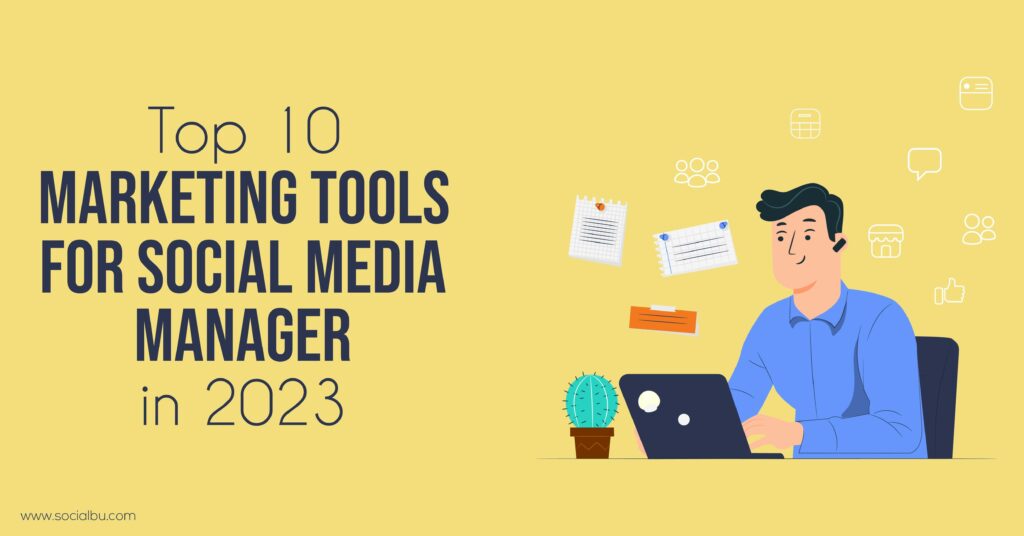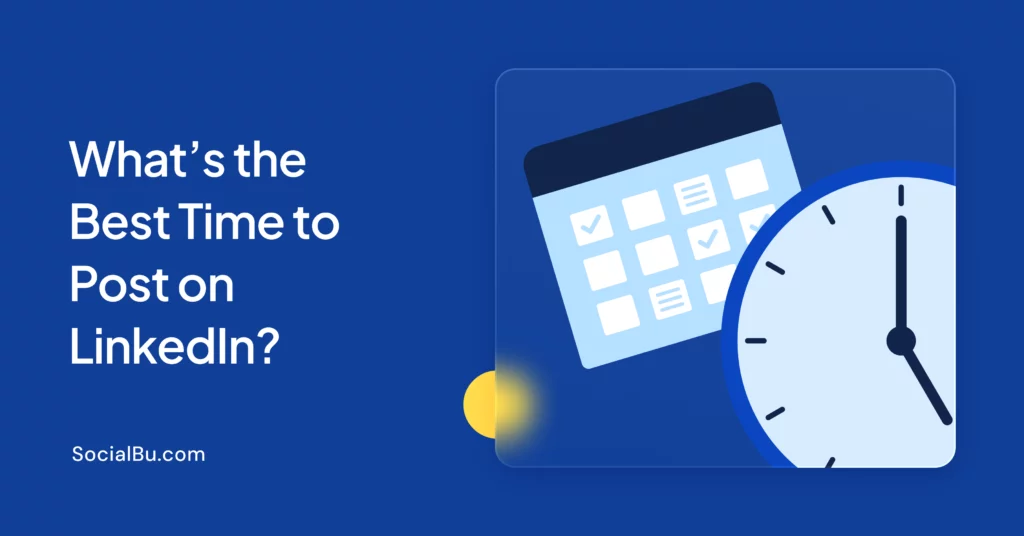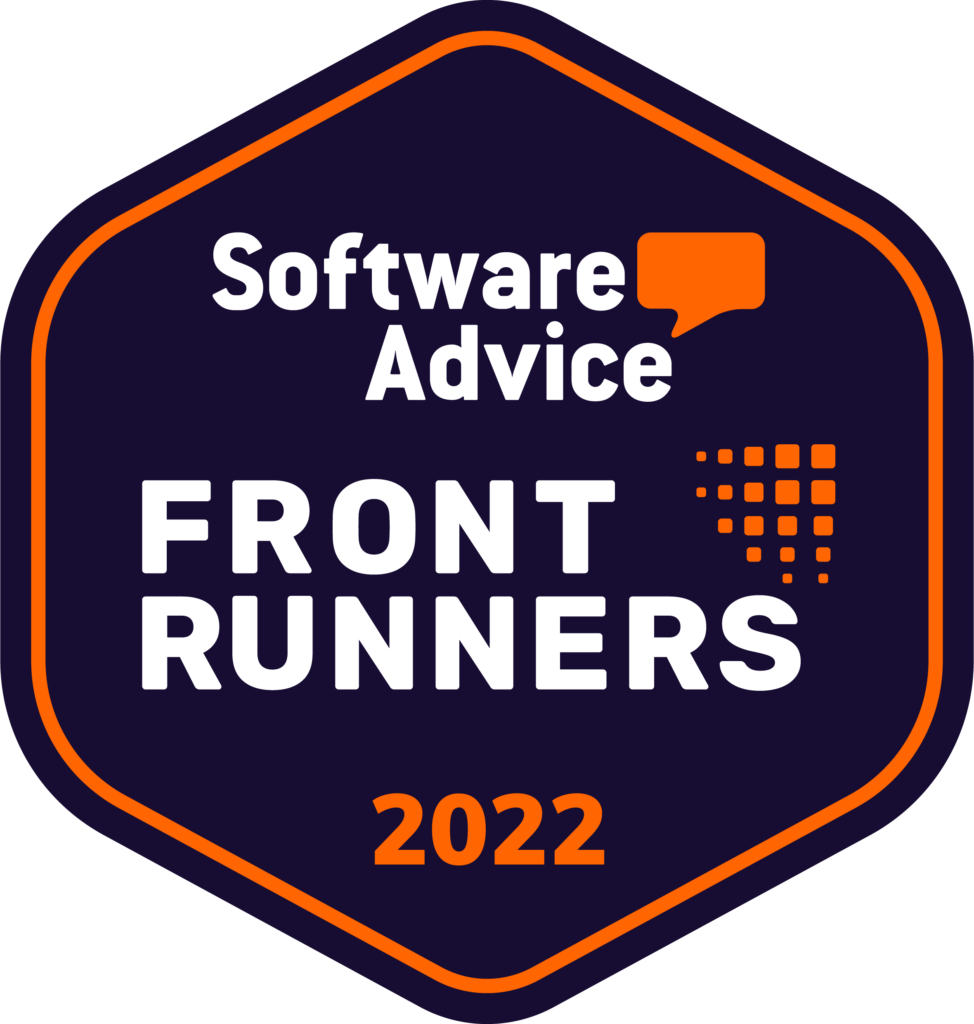Creating a social presence for a brand on popular social media platforms is no joke. Kudos to all social media managers for juggling between creating content, listening to the audience, and maintaining a consistent flow of content on the company’s page, all at the same time.
Social media is a fast-paced medium. You get instant feedback and are expected to respond immediately as well. According to Sprout Social, 76% of the US audience expects a reply from the brand in the first 24 hours, while 13% cannot wait longer than an hour.
Large businesses have special teams to handle the many jobs required to successfully implement the social media strategy. Despite having a strong staff, things can still become too confusing and chaotic for the manager. The situation is worse for SMEs’ social media managers as they don’t have the resources and big teams to handle the job. Most of the tasks would be expected to be completed by the manager itself or a small team.
Where ever you are at the moment, whether a big established business, a new start-up or an internet marketing services provider if you are a social media manager using these 10 marketing tools can make your life 10 times easier in 2023. Some of the marketing tools below will help you automate the tasks, while some will help you accomplish good results with just a few clicks. So grab a cup of tea, and let’s take dive into marketing tools that will make your life easier.
Top 10 Marketing Tools You Need to Have in Your Toolkit
1. Social Media Scheduling tools
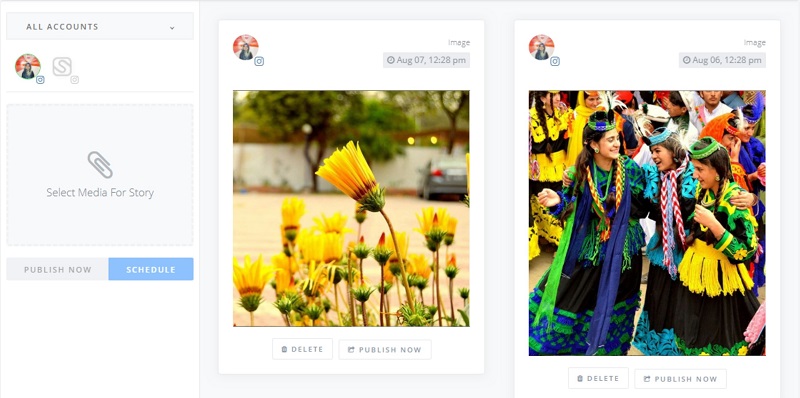
On social media, uploading the right post at the right time is very important. For example, social media marketing tips suggest that 11 am Wednesday is the best time to post on Instagram. This is the time when there is the most active number of users. The time and day could certainly be different for you based on the audience you are catering to.
The amount of work the managers have on their daily to-do lists can sometimes make them forget about posting on social media or miss the time to post. A scheduling tool is a very efficient way to- this.
- Post on time
- Plan the posts a week or two before
- Preview how your profile looks after posting
Moreover, it lets you prepare a weekly or month content calendar based on your preferences. Advanced planning makes sure that the social media strategy developed for the client is followed without any blunders. If you have more clients, you can also make sure that two brands with a similar audience don’t post at the same time. It lets you even decide the caption and hashtags that would go along with the post, so you don’t have to figure out what the caption should be at the last moment. Most social media management tools allow you to easily remove or change the schedule of a post.
Make sure your software allows you to remove or change a post before it goes live. There are many free scheduling tools as well, and you can try a free version before you actually buy one.
2. CRM tools

Building relationships with customers requires you to keep an eye on what the customer thinks about your product, your brand image, and also your content on social media. With the right customer relationship management tools, you can get better at initiating customer conversations. You get to see a lot of data regarding a customer, their previous relationship with the brand, in which phase of their buying journey they are at the moment, and much more. These details are valuable to build a strong relationship with the customers.
Customer Relationship Management tools for social media help you better understand your customer’s profile. It gives you valuable insights into customer behavior, allowing you to plot a better strategy. Moreover, it can help you retain your customers and nurture your leads in a better way.
3. Monitoring and Audience Listening Tools
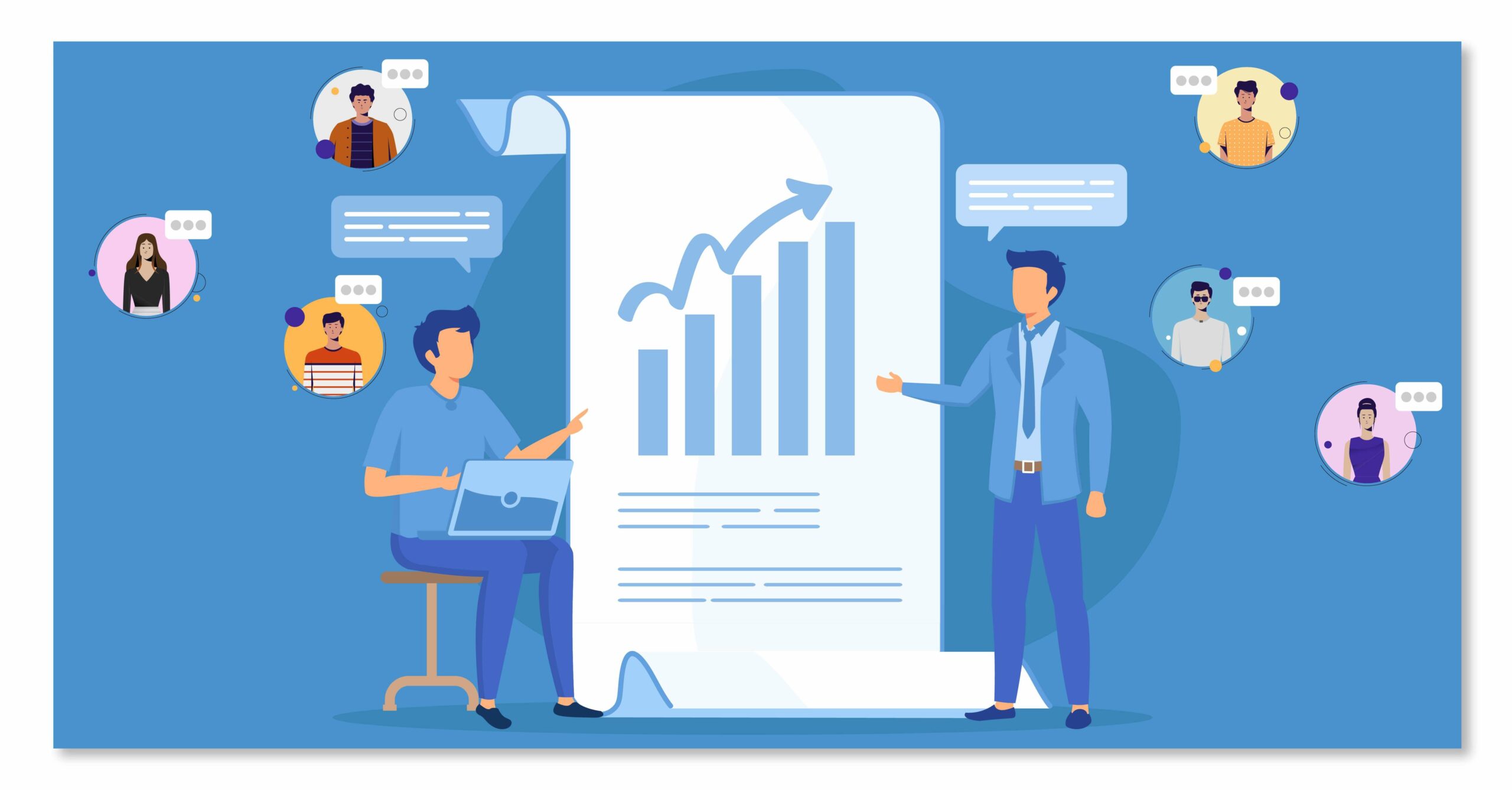
Your job doesn’t end with posting on social media on time. You know this better than anybody else. Therefore, monitoring the performance of your post is even more crucial. Some social media listening tools can help you get detailed data on the reach of the post, engagement on the post, places it reached, and more intricate details as well. Studying this data gives you a massive advantage in improving your strategy.
Audience listening refers to observing what people are saying about you on social media. Now, if you are managing a big brand with many followers, it is impossible to keep track of what every person is saying. But, on the other hand, if you are not much popular, you will never know if people are talking about you or not.
Why is it important to observe what people are talking about you? Have you ever heard of something called “publicity”? They say any publicity is good publicity. However, bad publicity can hurt if the right actions are not taken immediately.
Prompt responses are expected from a brand if someone says they are not happy with your service, product, sales team, tagline, campaign, etc.
Social Media Monitoring tools should also help you track what people say about you. For example, you can select keywords and be notified when something with those keywords is written about your brand on the internet.
For example, someone tweets about your poor delivery service on Twitter. If you have chosen the right keywords, you’ll be notified about it. You can immediately reply to it in a friendly tone to solve their issue.
Do everything you can to reinstate the trust your customer had in your service.
Well, it’s not just a tool to help you maintain your reputation and answer queries. But it is also a way to see if the audience is giving your campaigns a favorable response.
4. Keyword Planner

The right keywords will help you reach the right audience on social media. A keyword planner is a research tool that lets you get a variety of data on keywords that you have used in your campaigns or would like to use.
Here’s what a keyword planner does for you:
- Find relevant keywords
- Know the search volume and competition for a keyword
- It can help you predict the cost of your ad campaign for a particular keyword
- Helps create PPC campaigns
With keywords, it is usually make-it-or-break-it. However, the right keyword planner can help you have enough data on keywords that the chances of your campaign failing will be less.
For example, you are a small business, which means you have less chance to rank with high-competition keywords. In that case, you can start by concurring the low competition keywords but ones with a considerably higher search volume. Then, as your audience and your brand grow, you will be able to aim for better keywords. All the data that helps you decide which keyword you should bet your money on is crucial, and you get it from a keyword planner.
5. Content Creation Tools

The way you look at content marketing isn’t the same as it was a few years ago. For example, since Tiktok happened, there has been a change in the way people like to consume content. A 15-minute video that is visually appealing and, most importantly, short is preferred largely by the audience now. This, however, doesn’t mean that textual content has gone out of fashion. On the contrary, your content marketing strategy today needs to have unique, varied, and attention-grabbing content. To create such pieces of content, you can use some of the available marketing tools to speed up the process.
Tools to help you with textual content
When you put on your copywriter’s hat, you’ll require three very important content creation tools: text editors, AI grammar, a spelling and sentence structure checker, and a content optimization tool.
Text editors are tools like Google docs and Microsoft Word. There are also many grammar and spelling checkers online with additional features to make your copy easily readable and beautiful.
A content optimization tool makes your content search engine friendly. It’ll ensure there are relevant keywords and the proper density of keywords.
Tools to create images and graphics
Another form of content you’ll be in charge of is illustrations and images. For example, you might be given a set of graphic elements of your brand’s logo, product, and other essentials. Using these and creating a beautiful social media post with a good copy is your job.
Just when you were thinking about Adobe software which is undoubtedly the most used software for graphic design, let me tell you there are ample free graphic design tools like venngage that you can start using today.. Most of these designing tools have drag-and-drop features, templates, free graphic elements, and many other handy features that help you create a social media post in seconds.
Tools to create videos
Similar to graphic design tools, you can find free video editing tools as well. These video creation tools can help you create high-quality videos that hook the audience. In addition, platforms like Instagram Reels have their own editing feature, which allows you to edit your videos to a certain level.
6. Analytical Tools
One might get confused between analytical tools and monitoring tools since most software solutions out there allow you to do both on one platform. However, they are entirely different from each other.
The ability to compare data from the past with current numbers and forecast future trends is one of the key differences that separate an analytical tool from a monitoring tool. Monitoring tools only allow you to keep an eye on the current state of your launched campaigns.
In a nutshell, monitoring tools give you the “WHAT,” while analytical tools help you understand the “WHY.”
New analytical tools can help you with ready-made reports regarding a campaign. For example, you can compare the data of this month to the previous and understand what changes lead to the current outcomes.
You can also help yourself with graphical representations if numbers aren’t really easy for you to get a proper understanding of the data.
These marketing tools are crucial not only in the planning stage but also post-launch. Therefore, even if you are ready to compromise on other marketing tools mentioned in this post, do not compromise on important analytical data.
7. Campaign Management Tool

If your business is still a baby, investing in PPC campaigns may not be the most affordable option. But PPC campaigns are great when you need a sudden hike in the number of followers and engagement on your campaigns.
For example, you are introducing a sale to clear your inventory. You want as many potential customers as possible to know about this sale. This is the ideal situation for using PPC campaigns.
So when you decide to use PPC campaigns on social media, you will need campaign management tools to manage all your campaigns effectively to get the highest ROI.
These marketing tools can help you with creating campaigns and then managing them. In addition, if you have feature-heavy software, you can expect inbuilt analytical and monitoring tools.
There are two breeds here. You can either use a specialist tool (eg, most people consider Mailchimp to be the best choice for email marketing campaigns), or you can buy a management tool that lets you manage all sorts of campaigns.
8. Hashtag Generators

Hashtags have become so common on social media. Most of us use it on pictures we upload. #summerbeach #couplegoals #retro… you can literally use any hashtag under your pictures. The general public may not know it, but marketers do know how important hashtags are.
For example, you have a summer beach resort, and you use social media to promote it. I am looking for a pretty beach resort for my next vacation. I’ll enter beach resort on Instagram’s search engine and select “hashtags.” If your posts are among the first few on this page, I will most likely discover your brand. There you go, you just found a new potential customer in me!
Hashtags work just like keywords do. Hashtags have competition levels, search volumes, and other metrics as well. With the proper understanding, you can meticulously choose the right hashtag for your posts.
But where do you get all this data from? Hashtag generators!
They generate hashtags based on your image. There are other marketing tools that might ask you to enter your niche and then it would recommend hashtags or a set of hashtags.
Use the data, these marketing tools provide to decide which hashtag you want to use for your next post.
9. Contest management Tools

Ever thought of hosting a “comment below to win a freebie” contest to boost engagement on your social media? It is a very efficient strategy, but it requires a lot of organizing and managing.
Contest management tools are a must-have to properly organize such contests on your social media page. A lot of people will enroll in such competitions since there is nothing to lose. However, you cannot enter the data for each. Automation can help you get better at hosting and managing contests. It will also help you to keep the contest fair by highlighting multiple entries. If your tool has an analytical feature then you can discover some amazing things about your campaign that will help you work better on your next campaign.
10. Collaboration Tools
This is solely for managers who work with a team. Collaboration can be difficult if you just rely on Gmail and Whatsapp. Instead, you can use collaboration tools that are designed specifically for collaboration. You’ll mostly find a home screen where the entire team can get updates regarding the project. In addition, you can enter queries, get suggestions from the rest of the team, and many other things can be achieved to facilitate better collaboration.
Moreover, if you are working for an internet marketing services provider, you’ll be managing many projects at the same time, and having different groups can come in handy. You can view progress related to one project at a time. You don’t have to worry about all the files getting mixed up on your computer. Collaboration tools provide a more organized way of managing teams and completing projects.
Final thoughts
Having all these best marketing tools will make your life as social media manager much easier. Most of the tasks will get automated, and you can focus more on strategizing and increasing your client’s reach on social media.
Using ten marketing tools at a time might feel a bit daunting. The good news is that you don’t have to buy all these marketing tools. There are some all-in-one marketing tools that have features corresponding to all the marketing tools mentioned above under one roof. If using one software at a time keeps you at ease, this is a good option for you.
Another thing that might be troubling you is the budget. If you don’t have that much budget, you can buy an all-in-one monitoring, keyword research, and analysis tool and find free alternatives to the rest of them.
Find a mix that is ideal for you and fits your budget, and instantly become a better social media manager.
